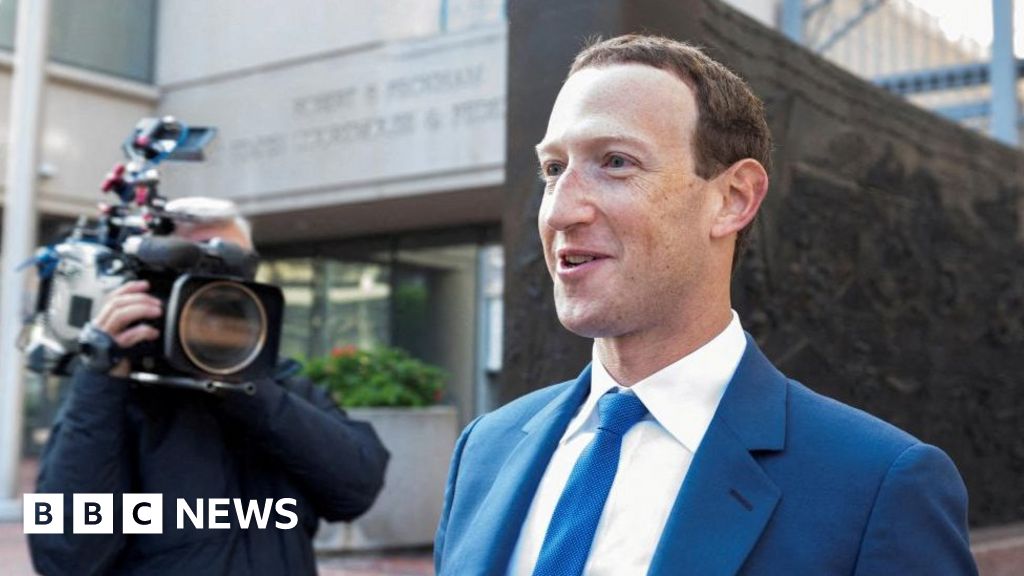Two years ago, the metaverse was billed as the next big thing - but many in the tech world have already moved on.
…
But almost two years on, Zuckerberg has been forced to deny that he is now jettisoning the idea.
“A narrative has developed that we’re somehow moving away from focusing on the metaverse,” he told investors in April. “So I just want to say upfront that that’s not accurate.”
On Wednesday the company holds its annual VR event called Meta Connect.
It’s a chance, perhaps, for Zuckerberg to again explain his reasoning for taking an extremely profitable social media company and diverting its focus to an extremely unprofitable VR venture.
How unprofitable? Well, the most recent figures from Meta are eye-watering.
Reality Labs - which as the name suggests is Meta’s virtual and augmented reality branch - has lost a staggering $21 billion since last year.
Part of the losses reflect long-term investment. Meta wasn’t expecting short-term returns. But the worrying fact for the company is that, so far, there is very little evidence that this enormous punt will work.
Horizon Worlds, a game published by Meta, is about as close as the company has got to creating a metaverse.
Users can hop into different settings - cafes, comedy clubs, night clubs, basketball courts - to hang out and play games.
Meta claims it has 300,000 monthly users: tiny when compared to the billions of people on Facebook and Instagram.
…



So motion sickness is an incentive to use it?
[ X ] Doubt
You said they “will never be able to use vr” when all there is that they felt some degree of motion sickness in some situations. Might have been poorly developed games (the industry is still learning how to avoid motion sickness), might have been multi-hour sessions, might have been in combination with drugs or other sicknesses, might have been totally mild symptoms after all.
VR may not be for everybody, but it’s not that everybody who says he experienced motion sickness once will never touch VR again.